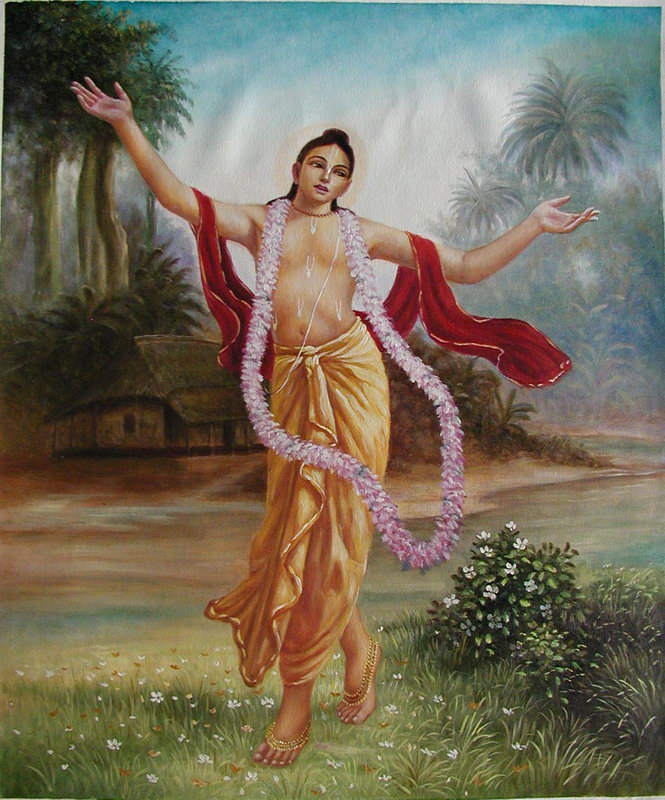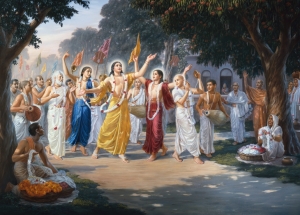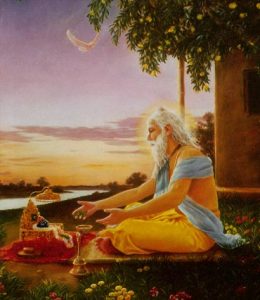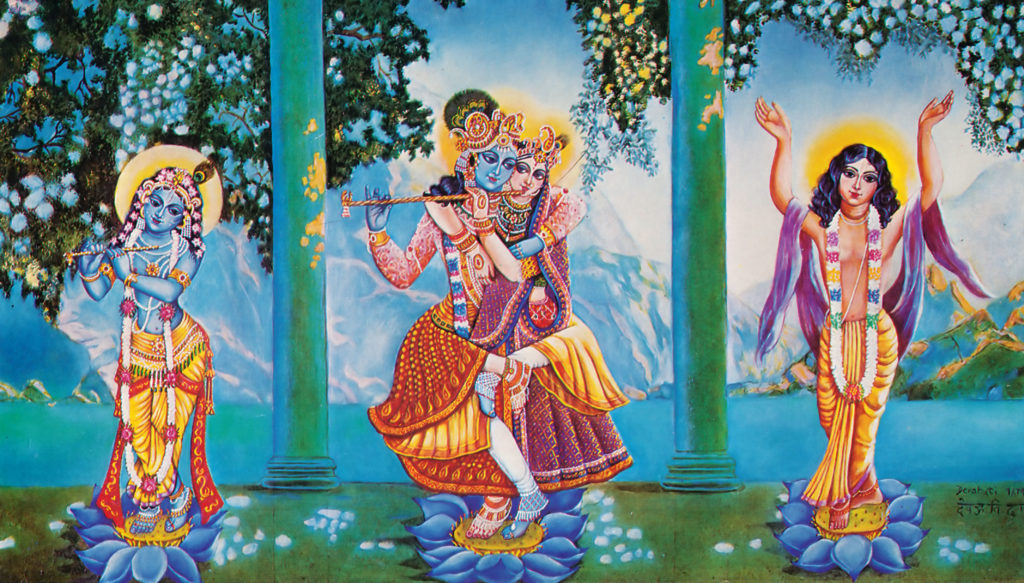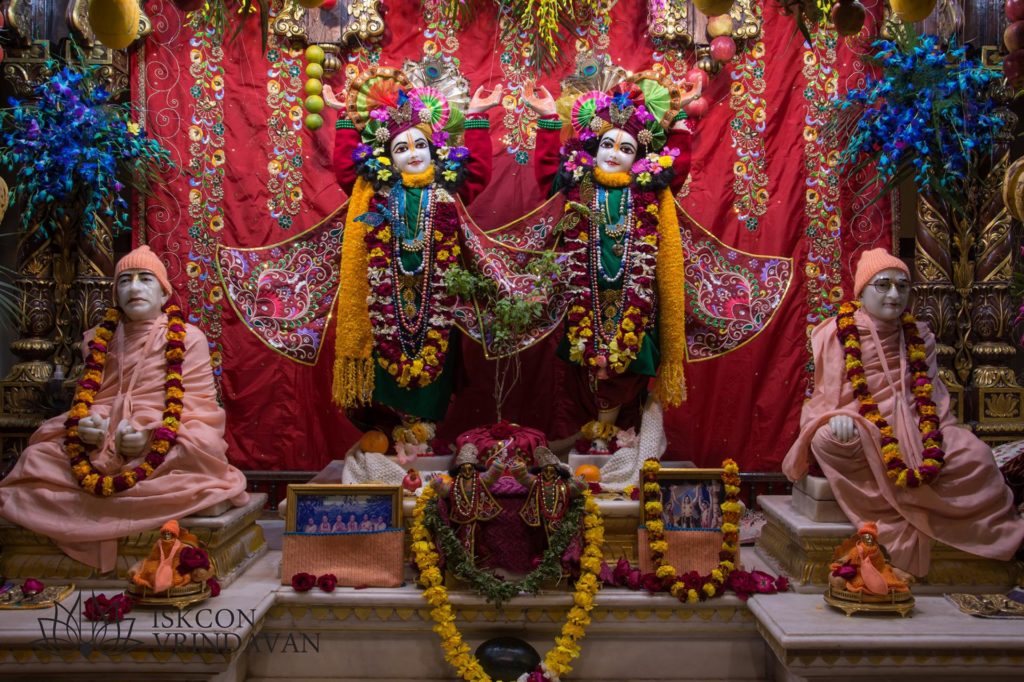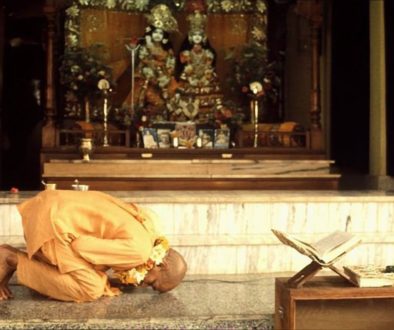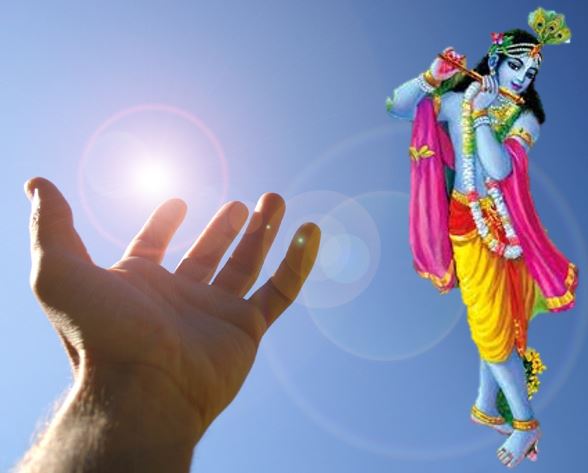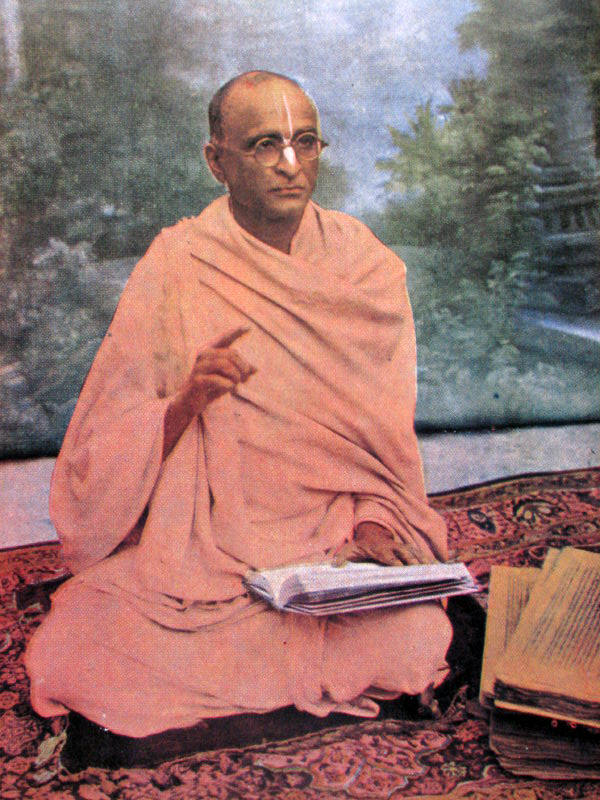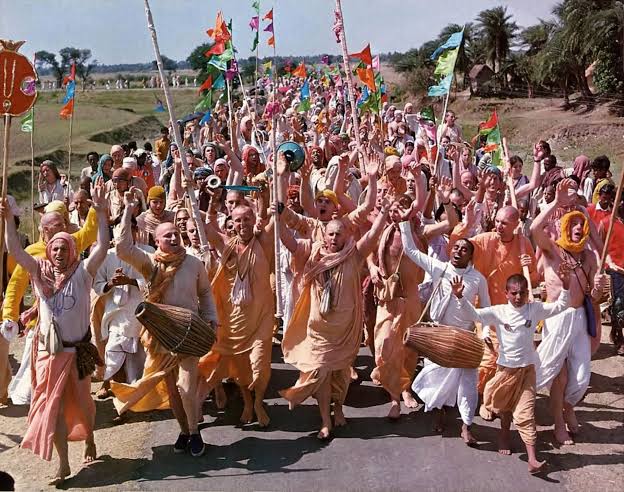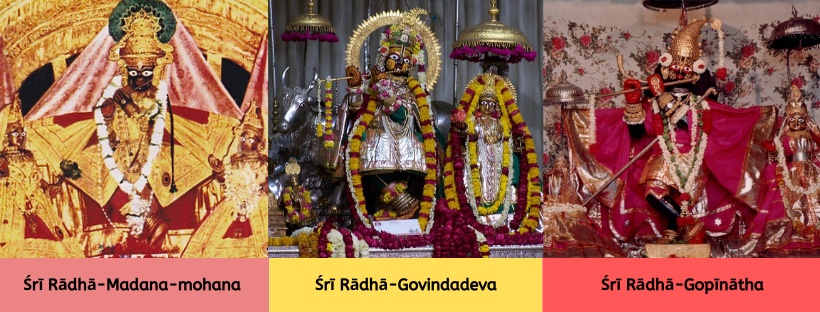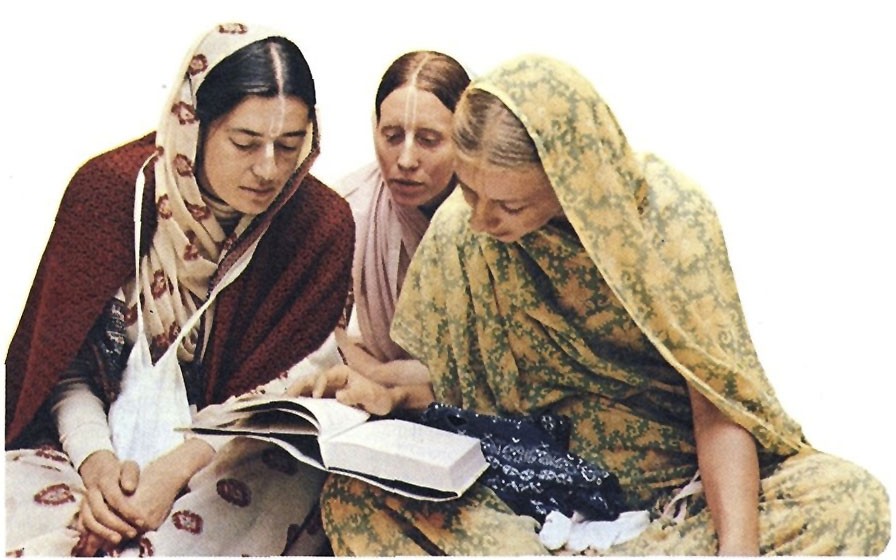
Grandmothers! Many of us would still cherish in some corner of our heart the special relationship we had with our grandmothers- maternal grandmothers were everyone’s favorite. In our quest for a career and better living, such relationships have been left far behind.
Yet, many of us, if not most, struggle in maintaining even a nuclear family without the support and guidance of our elders. We look back and wonder how our grandmothers managed multiple kids ( I mean grownup kids), managed complex relationships in a joint family, discreetly kept an eye on everything, counseled when requested and they always had time for all the grandkids. But most of all they were simply a bundle of love and affection, nourishing our childhood with joy and care.
What it has to do with me?
Let’s face it – trying to become a devotee in this faithless, fast, and quarrelsome age is very, very tough. If the mind is not making life difficult for us, it will be the neighbors, some authority figures, our bodies or our family. Actually, the list is endless. How to keep faith and focus in a world so obviously made for distraction? The real challenges come in our daily dealings in life. The philosophy sounds fine in the class atmosphere, but often we lose sight of it when dealing with the nitty-gritty practicalities of life. This often leads to “spiritual schizophrenia”. We have one sense of identity when at the temple and a very different one when we are at home or at work.
This movement needs Grandmothers!
DS: You know, in the Vedic social system this role of a counsellor is in many ways institutionalized, in the sense that the qualities a brahmana is trained to cultivate engender trust and confidence naturally.
When I took sannyasa from Satsvarupa Maharaja, one thing he advised was to avoid politics and business, because our Society needs people one can trust. We need devotees who’ll concentrate on developing these qualities simplicity, honesty, self-control so that people will trust them.
Jayadvaita Swami: Such a great responsibility rests with sannyasis, gurus, temple presidents, leaders, senior devotees.
Badarayani Dasa: Because we’re human beings and we’re conditioned, even though we’re in Krsna consciousness, at every stage there are some difficulties. So, many devotees I’ve talked to feel that in the temples there should be a system where perhaps a couple of people who have had training could give counseling.
I think that if there was more of a formal system of Krsna conscious counseling within the temple, we’d be able to keep more devotees. We’ve had too high a percentage of “mortality,” of losing devotees, of devotees losing trust and confidence. And I think that if that kind of system was looked into, it would help. In the material world, there are counselors who are aloof from a person’s life, and people feel they can trust them because they are aloof.
Jayadvaita Swami: I think this movement needs grandmothers. It really does. There are times when you don’t need a sannyasi, you need a grandmother.
Karnamrta: Could you clarify that?
Jayadvaita Swami: When a problem comes up in your life, sometimes the best person to go to is your grandmother or your grandfather or your uncle or someone like that.
Because we’re such a young movement, those relationships haven’t really developed yet. But in a fully developed Krsna conscious family, they would be. Especially in Indian culture, you’ve got the extended family your father’s elder brother’s son and so on. You have all these people you can have a relationship with, people who’ve been through it, who have the experience, who have affection for you and concern for you and can help you out.
What’s bewildering to a batch of young turks may be old stuff for grandmothers who’ve seen two or three generations of it. So grandmothers.
(Back to Godhead magazine, Nov 1, 1991)
We are very fortunate that in ISKCON we have affectionate grandmothers practically in every temple or congregation- experienced, loving and mature devotees, who have gone through the very challenges and difficulties in their spiritual lives what we may be going through and struggling. We simply have to look for them.
In my own inconsequential spiritual journey, I have had the privilege to meet some of these wonderful grandmothers. Two years back I became spiritually diseased. Struggling poorly in my sadhana, nothing seemed to work for me and I didn’t know what to do. Then out of blue, the lotus feet of HG Jaggatarini mataji appeared in my life. She healed me exactly as an affectionate and caring grandmother would have done. There are some more experiences but let’s save them for some future blog.
I am attaching below a document containing practical tips or ‘home remedies’ as she calls them from a very experienced grandmother- HG Srimati mataji. This document has 25 short stories based on scriptures or real-life incidents. Each story ends with her valuable comments. We can read them at leisure and gain practical insights to progress wisely in Krishna consciousness.
I hope it will be helpful for you as it has been helpful to me.
All the best!
All glories to Srila Prabhupada.
Your servant,
Giriraj dasa
p.s.- We can right-click on the document and save it.
Grandmas_Home_Remedies


